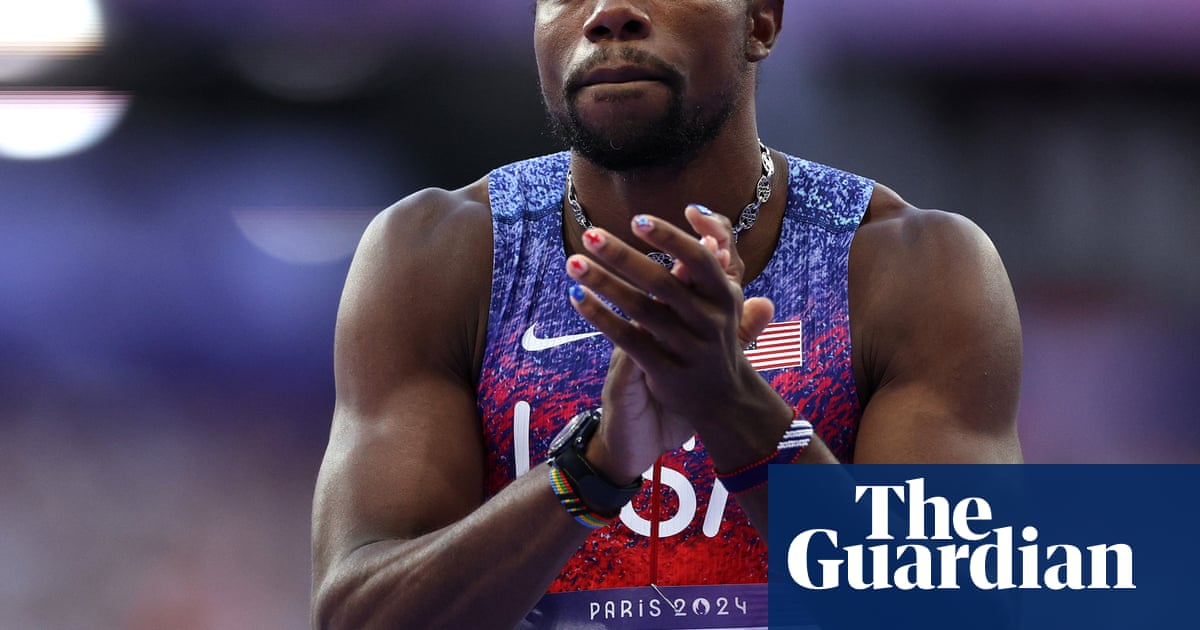But it is just as likely justification for Jay-Z’s own quest for a slice of the devil’s pie. The mogul’s work with the N.F.L. has undoubtedly changed the complexion of the halftime show in recent years, but onstage diversity appears to be the extent of the league’s appetite for racial politics: It is reportedly ditching its “End racism” signage in the end zones for the big game. Six years later, Mr. Lamar, the beloved bard of Black America’s struggle against police violence, will take a stage erected by a partnership that effectively sidelined Mr. Kaepernick. Anything that he does or doesn’t do on that stage will either be undermined or underlined by this history.
Mr. Lamar himself seems to have backed away from taking overt political stances in the past few years; perhaps he has discovered that expressing his politics seems to alienate as many allies as enemies. Since his debut, Mr. Lamar’s words and deeds have been parsed and judged by a cohort of critics, intellectuals and fans who plot and then police their own lines of demarcation between selling and selling out. Such is the conundrum of any pop star with an inkling of consciousness. As Chuck D of Public Enemy once put it, such a star must “reach the bourgeois and rock the boulevard.” An entertainer’s job is simple: Don’t be boring. An artist’s job is different: Reveal beauty, evoke emotion. A political artist must do both things and more: Be right, righteous and lead us, we fans say, but make it rhyme and make sure the music is hot.
But is that too much for us to ask? We raise young performers up, call them prophets when they validate our worldview, then scan their work for inconsistencies and blast them because they don’t deploy the privileged vocabulary, expertise or nuance of a graduate student. A song is not a dissertation, even if the singer has won a Pulitzer. An artist’s first job is to be an artist, and in this society — where art is ever more unsubsidized, undervalued, unprotected — there’s a real contempt in treating artists otherwise.
The celebrity culture that is now eating American politics and public discourse asks us to invest in the words and actions of prominent and often highly unqualified individuals while abandoning the responsibilities of collective action and critical thinking. We put our work on their shoulders, investing them with a mystical power that we, in reality, gave to them. After all, this isn’t Mr. Lamar’s first Super Bowl. In 2022, he was part of a Los Angeles-themed extravaganza: He performed “Alright,” Eminem knelt and nothing changed. The impact of a song like “Alright” isn’t in its staged choreography. It was always in the footsteps of the people who marched to it. Artists aren’t here to save the world for us. It’s our job to save the world for them.
And for all the ways Americans police our artists’ politics, we give ourselves a pass. We want our bread and circuses, as long as they’re organic and cruelty-free. We lament what pop stars and the N.F.L. don’t do for us and we can’t even turn the TV off. And whether our gladiators are on the gridiron or on Spotify, we pay to see them maul one another and act as if we have nothing to do with the damage.










